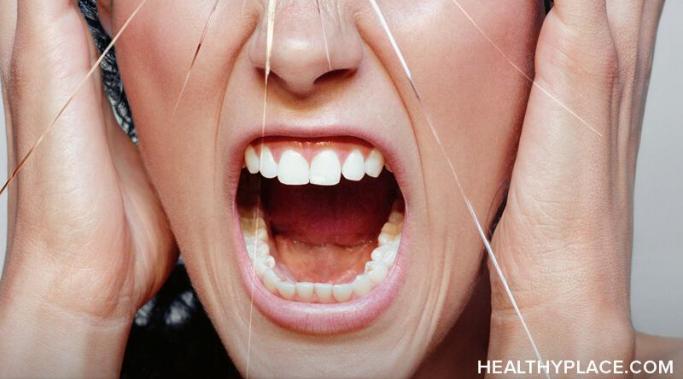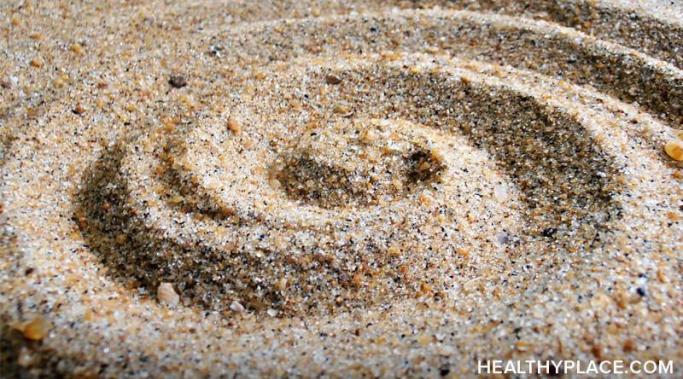Dealing with binge eating disorder has been challenging for me, but I found that organizing my fridge to promote healthier eating habits has been effective. By carefully arranging my food, I've reduced my temptation to binge and supported more mindful eating. In short, an organized fridge helps quell my binge eating disorder.
Binge Eating Recovery Videos
Binge eating became a coping mechanism during my breakup. Recognizing this destructive pattern and taking steps to manage it was crucial for my wellbeing. Here's how I managed my binge eating during my breakup.
Binge eating at festivals used to be an issue for me. Festivals have always been a highlight of my year. The joy, laughter, and abundance of food make these times special. However, for many years, the celebration was marred by my struggle with binge eating. Learning to manage binge eating at festivals was not easy, but through personal experience and practical strategies, I have found ways to enjoy festivals without overindulging. Here's how I did it.
My name is Radhika Lakshmanan. I am excited to join the "Binge Eating Recovery" blog and share my story about my recovery from binge eating disorder. I developed binge eating disorder during my first job, where I struggled with depression, anxiety, and binge eating. I had unresolved past traumas from childhood due to growing up in a physically and emotionally abusive family.
Symptoms of exhaustion and burnout can be obvious or subtle during binge eating disorder (BED) recovery, especially during the holidays. It's important to recognize your signs of burnout so you can navigate stressful times without neglecting to take care of yourself.
My birthday is coming up this week, and I've been writing and reflecting in preparation for it. When I reflect on my last year, so much change has happened, but those changes aren't obvious or visible from the outside. This is the reality of going through recovery from eating disorders like binge eating disorder (BED). There are so many emotions, habits, thought patterns, and behaviors to change, and these massive internal changes aren't easy to see from the outside.
Suicide is difficult to talk about, yet, most of us have experienced suicidal thoughts or grief in the wake of suicide or suicide attempt. Even though we can never fully understand the depths of someone else's experience, it's important to acknowledge how universal experiences with suicide are. September is Suicide Prevention Awareness Month, and the purpose of acknowledging suicide is to push through silence and discomfort to remind each other we are not alone. (Note: This post contains a trigger warning.)
We all experience cycles or patterns of behavior that we want to change. Those of us who have experienced binge eating disorder (BED), or eating disorders in general, know the pain and frustration that is felt when you are trapped in a cycle of disordered, destructive eating. It is especially frustrating when you try to recover and leave behind your old cycles and patterns and you realize you're still stuck in a binge eating cycle.
Binge eating disorder makes it hard to stay present. For example, have you ever noticed yourself feeling distracted or disconnected throughout the day? I experience this often, especially when I'm trying to check off my to-do list. It sometimes feels like having tunnel vision. My hands move while I'm thinking about what I have to do next. The time I spend in this zone-out space feels like a blur.
My name is Emma Parten, and I’m excited to be the new author for the "Binge Eating Recovery" blog. I intend to focus on the common experiences of those who struggle with binge eating disorder (BED). Binge eating disorder can be isolating and difficult to talk about. It’s essential to know you aren’t the only one struggling. I also want to focus on ways you can take action to move forward in your healing process. Recovery doesn’t have to mean your relationship with food is completely healed. Binge eating recovery is wherever you are right now.









